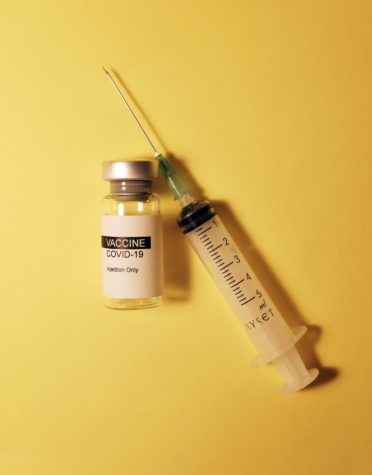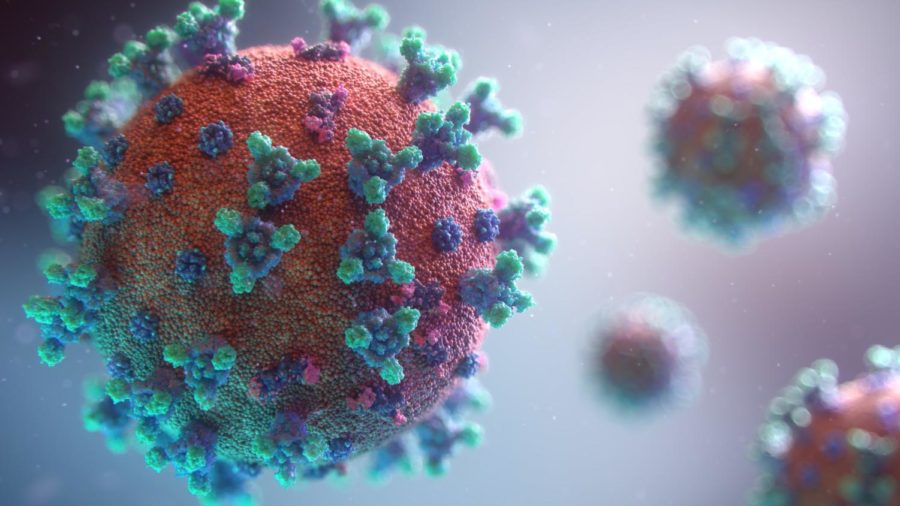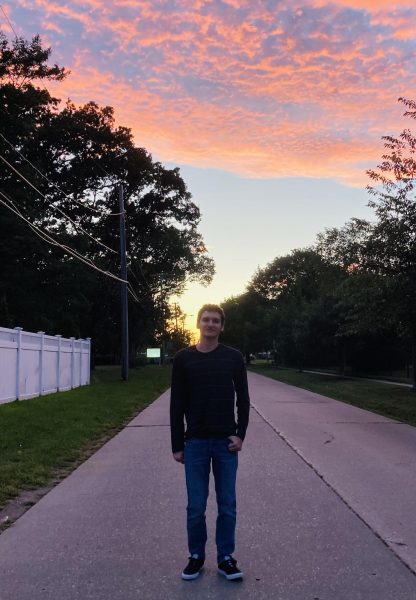New COVID-19 Strains and Variants
March 17, 2021
If you have watched the news lately, you may have heard of new strains or variants of COVID-19. You are probably wondering what that means and how it affects our lives. Variants and strains aren’t exactly the same but for most people use them as interchangeable terms anyway. A strain is a mutation of the original virus that has different physical properties and can act differently. A variant is similar except it doesn’t have distinctive physical properties to the original virus. It’s normal for viruses to mutate so it’s okay for strains to form. The properties of each individual strain are what can cause problems.
Currently there are four main COVID-19 variants or strains that we know of. There is the B.1.351 (a strain that originated in South Africa), the B.1.1.7 (a variant that originated in the UK), P.1 (a variant that originated in Brazil), and B.1.526 (a variant that originated in New York). B.1.351, the South African strain of COVID-19, has some minor spike protein mutations and it has an effect on a person’s antibodies. It evades antibodies meaning that you can get it multiple times or you can get this strain if you already had the original. In addition, the vaccine is less effective for this strain. The strain can reduce around two thirds of the antibody protection the vaccine gives. The South African strain is currently in 41 countries and many U.S. states.
B.1.1.7, the UK variant, has many spike protein mutations. Spike proteins are what viruses use to enter a cell in someone’s body. These mutations make it so the virus spreads quicker; this variant is around 50% more infectious than regular COVID-19. The UK variant is also 64% more deadly than the original strain. A higher risk of death and a faster spread makes the UK variant one of the most dangerous. P.1, the Brazilian variant, has the spike protein mutations that the other variants had and it contains more spike protein mutations. It isn’t known yet if the Brazilian variant is more deadly, but it is known to be more infectious.

The final variant is the variant that was first found right here in New York. B.1.526 (the New York variant) takes up around 30% of the COVID-19 cases in New York right now. The New York variant has the E484K mutation that some of the other variants also contain. This mutation causes an affect on your immune system and its protection against the virus. This may make it so the vaccine and antibodies are less effective for people. People who have this variant are also slightly more likely to end up getting hospitalized.
COVID-19 cases are declining and 11.5% of the US population has the vaccine. The outlook of this pandemic over the next couple months isn’t looking very bad. These new strains and variants that haven’t been completely studied yet could end up changing that. With new vaccines being produced and studies being done, we can only hope for the best.


